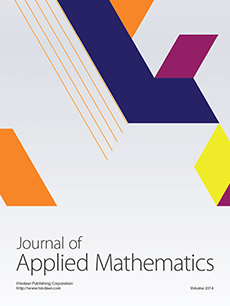Abstract
An interest is often present in knowing evolving variables that are not directly observable; this is the case in aerospace, engineering control, medical imaging, or data assimilation. What is at hand, though, are time-varying measured data, a model connecting them to variables of interest, and a model of how to evolve the variables over time. However, both models are only approximation and the observed data are tainted with noise. This is an ill-posed inverse problem. Methods, such as Kalman filter (KF), have been devised to extract the time-varying quantities of interest. These methods applied to this inverse problem, nonetheless, are slow, computation wise, since they require large matrices multiplications and even matrix inversion. Furthermore, these methods are not usually suitable to impose some constraints. This article introduces a new iterative filtering algorithm based on alternating projections. Experiments were run with simulated moving projectiles and were compared with results using KF. The new optimization algorithm proves to be slightly more accurate than KF, but, more to the point, it is much faster in terms of CPU time.
Citation
Youssef Qranfal. "Alternating Projections Filtering Algorithm to Track Moving Objects." J. Appl. Math. 2019 1 - 8, 2019. https://doi.org/10.1155/2019/8450905





